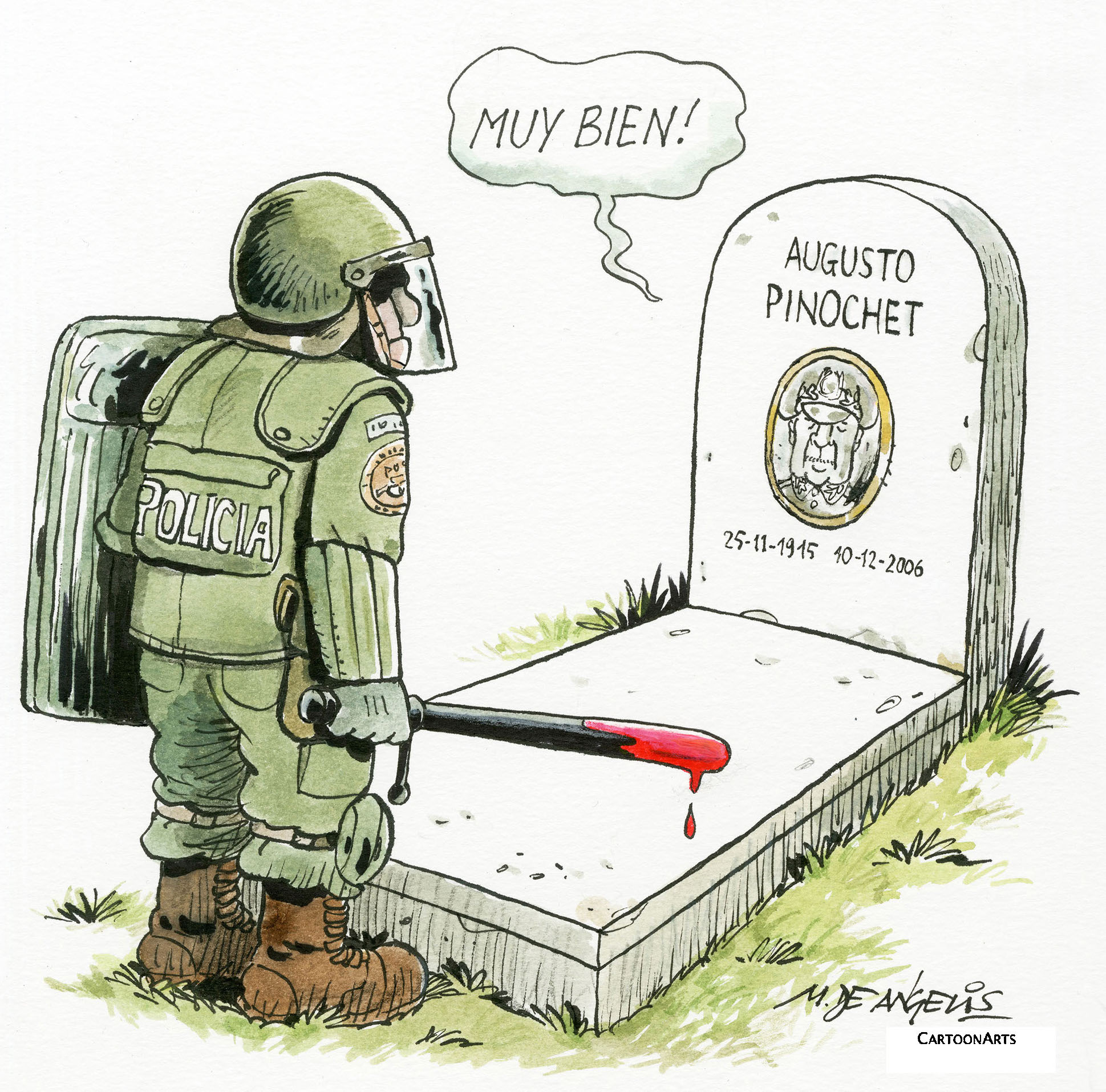All over Latin America, public patience is wearing thin, with violence in Chile and the return to power of Peronists in Argentina. For almost 40 years, leaders and voters have struggled to realign economies with global markets, leavening the adjustment with social policies to protect the worst-off. Center-right and center-left coalitions agreed on broad strokes. While they argued over taxes and other issues, Latin Americans accepted the need for foreign markets and foreign investment.
For the past 10 years, however, world trade has slowed. The World Trade Organization predicts anemic growth of 3 percent at best. Trade wars, stalled treaties and the return of economic nationalism pose a real threat to Latin Americans and others who depend on foreign markets. To make matters worse, income inequality has widened. Already the world's most unfair region in this regard, Latin America had made some progress before 2015. But slower GDP growth and stumbling social policies have reversed the trend since then.
Latin American leaders across the political spectrum find themselves in a bind. As the world turned its back on globalization and open borders in favor of national and regional blocs, pro-globalization governments faced the yearnings of voters who took seriously the promise of economic rights and social well-being. At the same time, appeals to tradition, family and property have proved to be seductive for a growing part of the population, fueling support for Brazil's Jair Bolsonaro, Peru's Keiko Fujimori or even Chile's Jose Antonio Kast.



















With your current subscription plan you can comment on stories. However, before writing your first comment, please create a display name in the Profile section of your subscriber account page.